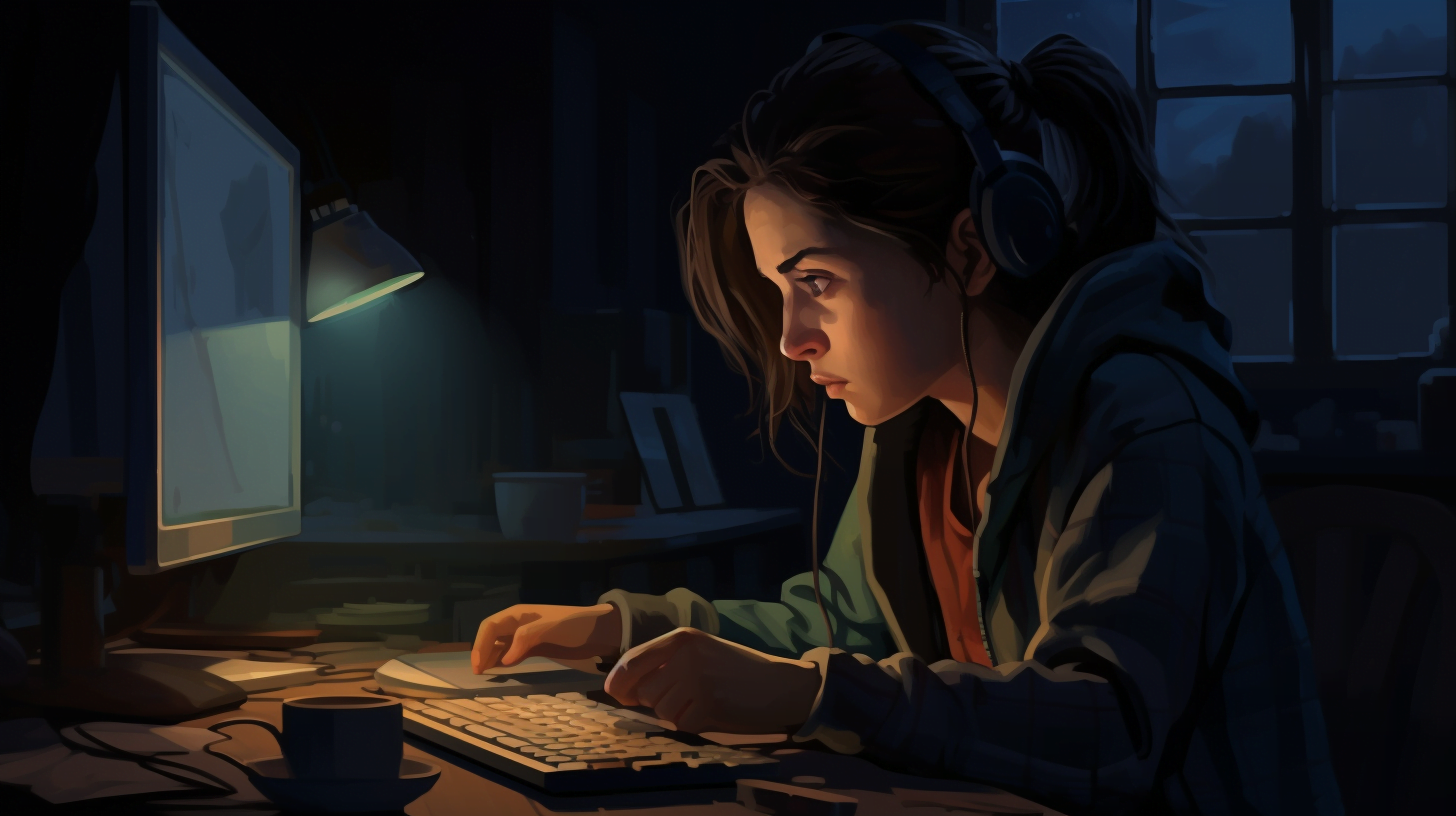ChatGPT accurately diagnoses child's chronic pain after 17 doctors fail

A mother struggled for three years to get a diagnosis for her son's chronic pain. ChatGPT then reportedly provided the correct diagnosis.
According to the mother, she visited 17 specialists over the course of three years, all of whom looked for a possible cause for the boy's ailments in their areas of expertise. But no doctor or physician could alleviate her son's chronic pain, the mother, who wishes to remain anonymous, told Today.com.
She then entered all of her son's symptoms and MRI data into ChatGPT. OpenAI's AI system spit out a diagnosis that medical professionals had not previously made: tethered cord syndrome.
This is a childhood condition in which the spinal cord becomes tethered to its sheaths or surrounding tissue. The resulting traction on nerve fibers can cause headaches and other symptoms. A neurosurgeon confirmed the diagnosis and performed surgery on the boy, who is still recovering.
In a similar story, GPT-4 diagnosed a rare canine disease based on blood test results. A veterinary clinic failed to make a diagnosis, but a second diagnosis from another clinic confirmed GPT-4's diagnosis.
AI chatbots help with diagnosis
Such anecdotes illustrate the potential of large language models to answer expert-level medical questions, which has already been demonstrated in studies. GPT-4 is at the forefront of this field. With Med-PaLM, Google aims to commercialize the field of specialized language models for medicine.
Compared to traditional Internet searches, LLMs have a potentially broader expertise that can be tapped in a highly focused way. Research is faster. However, there is a risk of hallucinations, i.e. wrong answers, which can have particularly serious consequences in the health context.
But as the two examples above show, people make mistakes. The discussion about the use of medical chatbots could be similar to the one about self-driving cars: Is it enough for the systems to perform reliably at or slightly above human levels, or do they need to be flawless? Who will be held responsible if an error happens?
AI News Without the Hype – Curated by Humans
As a THE DECODER subscriber, you get ad-free reading, our weekly AI newsletter, the exclusive "AI Radar" Frontier Report 6× per year, access to comments, and our complete archive.
Subscribe nowAI news without the hype
Curated by humans.
- Over 20 percent launch discount.
- Read without distractions – no Google ads.
- Access to comments and community discussions.
- Weekly AI newsletter.
- 6 times a year: “AI Radar” – deep dives on key AI topics.
- Up to 25 % off on KI Pro online events.
- Access to our full ten-year archive.
- Get the latest AI news from The Decoder.